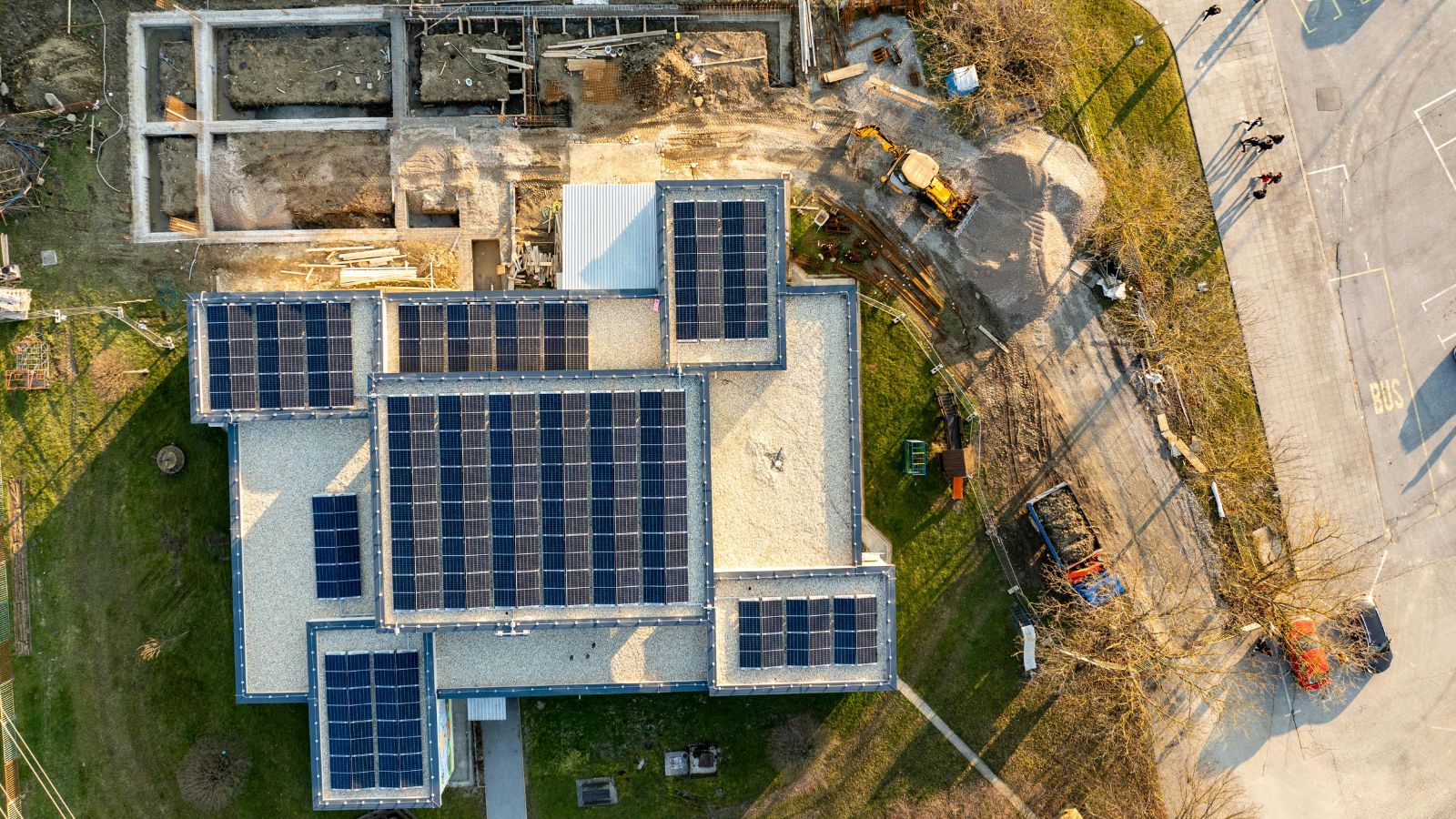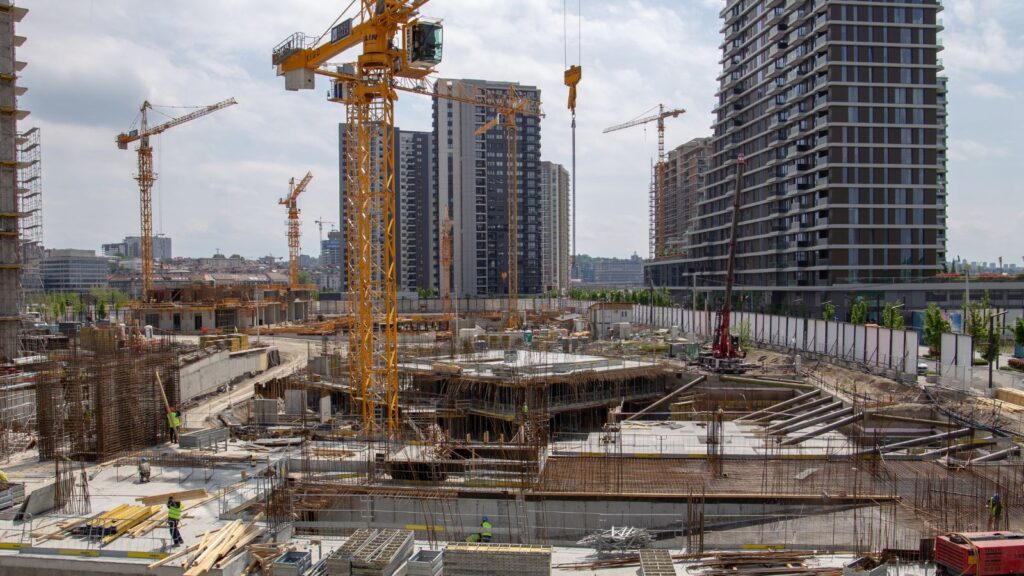The construction industry, traditionally known for its resistance to technological change, is experiencing a remarkable digital transformation driven by artificial intelligence and automation technologies. Contractors who once relied solely on handwritten schedules, manual follow-up calls, and face-to-face communication are now discovering how intelligent software solutions can dramatically improve their operational efficiency, customer satisfaction, and bottom-line profitability. These emerging technologies are not just incremental improvements over existing tools—they represent fundamental shifts in how contractors manage relationships, coordinate projects, and deliver services to their clients.
The Revolution of AI-Powered Follow-Up Systems
Artificial intelligence has fundamentally transformed how contractors maintain ongoing relationships with prospects and clients through sophisticated follow-up automation that goes far beyond simple reminder systems. Modern AI-powered platforms analyze customer behavior patterns, communication preferences, and project timelines to determine optimal timing and messaging for follow-up communications. Rather than sending generic reminder messages at predetermined intervals, these systems craft personalized outreach that resonates with individual customers based on their specific circumstances and demonstrated preferences.
The intelligence behind these systems extends to understanding contextual clues within customer communications. When a homeowner mentions they’re waiting for insurance approval, the AI system recognizes this as a trigger to schedule appropriate follow-ups that acknowledge the insurance timeline rather than pushing for immediate decisions. This contextual awareness helps contractors maintain professional relationships without appearing pushy or insensitive to customer situations.
Advanced AI follow-up systems also incorporate predictive analytics that identify customers most likely to require additional services or refer new business. By analyzing patterns in past customer behavior, project types, and communication history, these systems can prioritize follow-up efforts toward the most promising opportunities, maximizing the return on relationship management investments.
The personalization capabilities of AI-powered follow-up extend to communication channel selection as well. The systems learn whether individual customers prefer phone calls, text messages, or email communications, automatically adjusting outreach methods to match demonstrated preferences. This attention to personal communication styles helps contractors build stronger relationships while respecting customer boundaries and preferences.
Chatbot Integration: 24/7 Customer Service Excellence
Intelligent chatbot technology has emerged as a game-changing tool for contractors who previously struggled to provide consistent customer service outside normal business hours. Modern construction chatbots go far beyond simple FAQ responses, utilizing natural language processing to understand complex customer inquiries and provide relevant, helpful responses that maintain professional service standards around the clock.
These sophisticated chatbots can handle initial project inquiries by asking relevant qualifying questions, scheduling preliminary consultations, and even providing rough estimate ranges based on customer-provided project details. For existing customers, chatbots can access project databases to provide real-time updates on work progress, material delivery schedules, and upcoming milestones without requiring human intervention.
The integration of chatbot technology with existing business systems creates seamless experiences that feel natural rather than robotic. When customers ask about their project status, the chatbot can access scheduling systems, material tracking databases, and crew assignments to provide accurate, current information. If the inquiry requires human attention, the chatbot can seamlessly transfer the conversation to appropriate team members along with complete context about the customer’s request.
Advanced chatbots also serve as valuable lead qualification tools, engaging website visitors with targeted questions that help identify serious prospects versus casual browsers. By collecting initial project details, budget ranges, and timeline preferences, chatbots can pre-qualify leads before they reach sales teams, improving conversion rates and reducing time waste on unqualified opportunities.

Smart Scheduling: Orchestrating Complex Operations
Artificial intelligence has revolutionized scheduling challenges that have plagued contractors for decades, particularly the complex coordination required when managing multiple crews, subcontractors, material deliveries, and client availability. Smart scheduling systems utilize machine learning algorithms to optimize resource allocation while accounting for variables such as weather conditions, permit approval timelines, and material availability that traditional scheduling methods struggled to incorporate effectively.
These intelligent systems learn from historical project data to make increasingly accurate predictions about task duration, potential delays, and resource requirements. Rather than relying on static estimates, smart scheduling adapts based on actual performance data, weather patterns, and seasonal variations that impact construction productivity. This adaptive learning helps contractors provide more reliable completion estimates to customers while optimizing crew utilization across multiple concurrent projects.
Integration capabilities allow smart scheduling systems to function as a comprehensive contractor job management tool that coordinates all aspects of project execution. When material deliveries are delayed, the system can automatically adjust crew schedules, notify affected customers, and optimize resource allocation to minimize downtime. This level of coordination reduces administrative overhead while improving customer communication about schedule changes.
The predictive capabilities of smart scheduling extend to identifying potential conflicts before they occur. By analyzing weather forecasts, permit processing timelines, and historical delay patterns, these systems can proactively suggest schedule adjustments that prevent problems rather than reacting to them after they develop.
Integration and Implementation Considerations
The successful implementation of these emerging technologies requires careful consideration of integration challenges and change management requirements. Many contractors find that the greatest benefits emerge when AI-powered follow-ups, chatbot systems, and smart scheduling work together as integrated solutions rather than standalone tools. This integration creates synergistic effects where data from one system enhances the effectiveness of others.
However, the transition to AI-powered systems requires thoughtful planning to ensure that automated processes maintain the personal touch that many construction customers value. The most successful implementations blend technological efficiency with human oversight, using AI to handle routine tasks while preserving human involvement for complex decisions and relationship-critical interactions.
Training requirements represent another important consideration, as team members need to understand how to work effectively with AI-powered systems rather than being replaced by them. The goal should be augmenting human capabilities rather than creating technological barriers that frustrate both employees and customers.
As these technologies continue evolving, contractors who embrace them thoughtfully will find themselves with significant competitive advantages in efficiency, customer service, and operational scalability that position them for continued growth in an increasingly digital marketplace.



